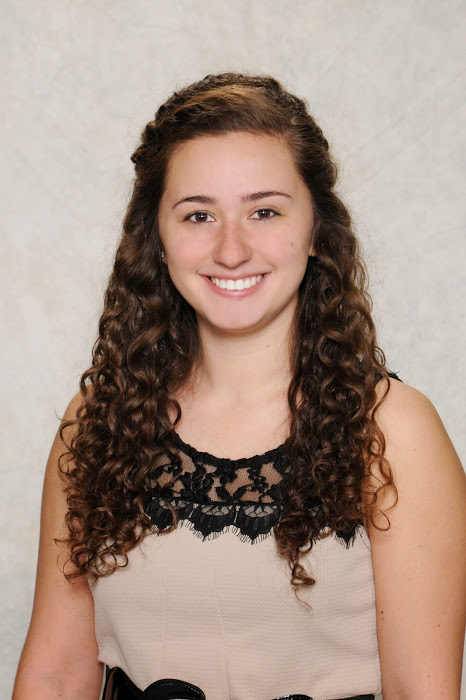Ashbrook Scholars Reveal Their Lives as Readers in Speech Contest
December 24, 2020

Public speaking is an art essential to democracy. Yet in most universities today, students must major in communications to practice it.
Not so in the Ashbrook Scholar program, which builds practice in speech into every political theory and history seminar. Courses are designed to engage each Scholar—not just a talkative few—in active discussion. At the end of their studies, senior Scholars publicly defend a thesis representing months of research, thought, writing and revision.
This year Scholars were offered a new opportunity: a speech contest. Contestants responded to the prompt, “What is the best book in your collection?” They gave practice speeches on a Friday afternoon, receiving feedback from a panel of professors. They returned a week later for the competition.
Ashbrook Professors Emily Hess, Jeffrey Sikkenga and Peter Schramm acted as coaches and judges as Scholars spoke of a variety of favorite books. These ranged from The Law by political economist Frederick Bastiat to The Wizard of Oz. In the practice session, the faculty panel urged the speakers to reveal themselves and their reading interests openly and honestly.

“Some may have been surprised that the second-place winner, Josh Frey, spoke about his Calvin and Hobbes cartoon book, received as a gift when he was a little boy. He said the book still makes the eight-year-old boy inside of him light up,” Hess said, even though now he applies to it his study of political theory. Frey argued that the mischievous boy Calvin, whose constant friend is an imaginary tiger named Hobbes, “exemplifies the ultimate prince according to Machiavelli! But he made a more important point: ultimately, you need to enjoy what you’re reading. Professor Schramm said of this student, ‘I got lost in his world.’ We don’t need to be reading Aristotle to be in awe.”

The third-place winner, Ed Hunt, spoke movingly of a book that challenged his thinking about manhood. Jeffrey Marx’s The Season of Life tells the story of Joe Ehrman, who became a minister and boys’ school football coach after retiring from the NFL. Reading how Ehrman redefined his own purposes after his brother died of cancer, Hunt had an epiphany. Ehrman said becoming a man does not require being the toughest guy on the block, but rather seizing the courage to live your life for someone other than yourself. “This is when the book took my breath away,” Hunt said. “No longer living to be something I’m not.”

Hess said the best speeches told a personal story: what the Scholar experienced through reading a book, and how it changed him or her. The first-place winner, Tara Marasco, spoke about Jane Austen’s Pride and Prejudice. Marasco first read the novel around age 10. Rereading it throughout her adolescence, she learned successive lessons, such as “not judging by first impressions; not settling for less than she deserved, but waiting for what she truly wanted; and remembering that what we believe matters more than what people think of us. The book served her as an older, wiser sister.” Marasco gave a moving testimony to the power of literature, Hess said, while also revealing her own intellectual and emotional development. Similarly, what moves us in the greatest speeches of statesmen, Hess said, is not smooth rhetoric or clever debating strategies but the passionate, personal expression of those truths we arrive at only through hard thought about our most important concerns.
Ashbrook Scholar Program Coordinator Ben Kunkel said the contest, which offers cash prizes, will be offered both spring and fall next year.

